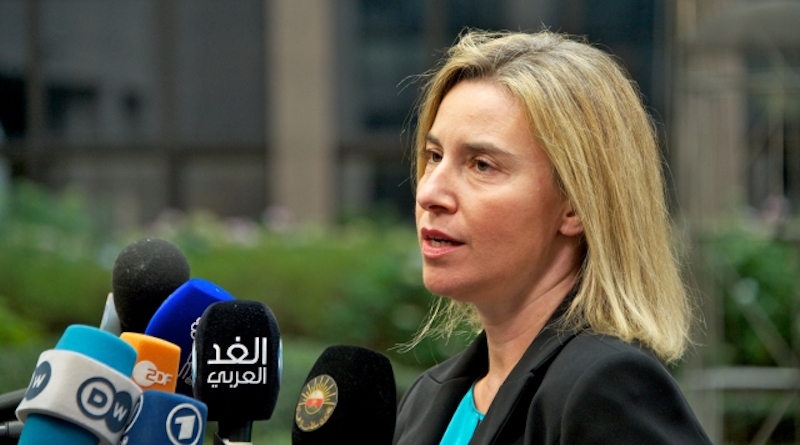The European Commission on International Migrant Day
On the occasion of International Migrant Day on 18 December, Frans Timmermans, First Vice-President of the Commission, Federica Mogherini, the High Representative of the Union for Foreign Affairs and Security Policy and Vice-President of the Commission, Johannes Hahn, Commissioner for European Neighbourhood Policy and Enlargement Negotiations, Neven Mimica, Commissioner for International Cooperation and Development, Dimitris Avramopoulos, Commissioner for Migration, Home Affairs and Citizenship, Christos Stylianides, Commissioner for Humanitarian Aid and Crisis Management, and Věra Jourová, Commissioner for Justice, Consumers and Gender Equality, made the following statement:
“On 18 December we dedicate our thoughts to all migrants around the world, to refugees and displaced people for whom migration can be a matter of life or death.
When we speak of migration, we should never forget the human element: that today, more than 65.3 million people worldwide are displaced from their homes by conflict, persecution or poverty. Unbearable living conditions, whether caused by conflict, economics, or politics, mean that millions worldwide leave their homes and livelihoods behind, in search of a better future and a life in dignity. And we also shouldn’t forget the positive contribution migrants can bring to development of their communities of origin and to our societies.
Protecting the rights of migrants and refugees and improving their situation inside and outside the EU is at the heart of our European agenda. The European Union is the number one donor of humanitarian aid, taking action to provide lifesaving emergency aid to refugees: last year alone the European Commission gave more than €1 billion to helping refugees, internally displaced people and protecting child migrants outside the European Union. The European Union is also strongly engaged through its presence in the Mediterranean and Aegean Sea and has helped to save more than 400.000 lives since the beginning of last year.
We are also the largest development donor and work tirelessly to create a better future for migrants around the world. The Emergency Trust Fund for Africa, worth almost €2.5 billion, aims at fostering stability and addressing root causes of irregular migration and displaced persons in Africa, to prevent people from feeling forced to migrate and allow them to stay closer to home, if they wish so. Special attention goes to the refugees in and from Syria, which the EU is supporting through the facility for refugees in Turkey as well as through a dedicated Trust Fund for Syria.
Our main goal is to save lives and ensure protection of those in need, in a humane and responsible way. Managing migration better means addressing the drivers of migration, ensuring better management of our external borders, and working with the international community to address challenges together. The European Union, with its commitment to international law and to European values, is creating an asylum system in Europe that is more humane, fair and efficient. Safeguarding human rights is not only a priority but essential in all the work we do on migration.
With our partner countries across the world, we are addressing the root causes of migration, fighting smugglers and traffickers of human beings, ensuring adequate protection for those in need, enhancing legal pathways and improving inclusion and integration measures, while also offering reintegration support to returned migrants. Migration is a global, not a European challenge, requiring a global response. In Europe, we are faced with the greatest migrant and refugee flows since World War II, but the issue of human mobility goes far beyond Europe. In response, we are working with the United Nations and their development of a Global Migration Compact and a Comprehensive Refugees Response Framework. Together, the international community needs to create a system where people can move when they freely decide so, safely and legally, in full respect of their human rights and aspirations.
Respect of the Geneva Conventions, human rights, and international solidarity with countries of origin, transit and destination remain our guiding principles. Our shared European values of liberty, equality, and respect for human rights have made Europe a place of refuge, and we commit to upholding these values, as we continue our work to improve the lives of migrants.”
SOURCE: European Commission




